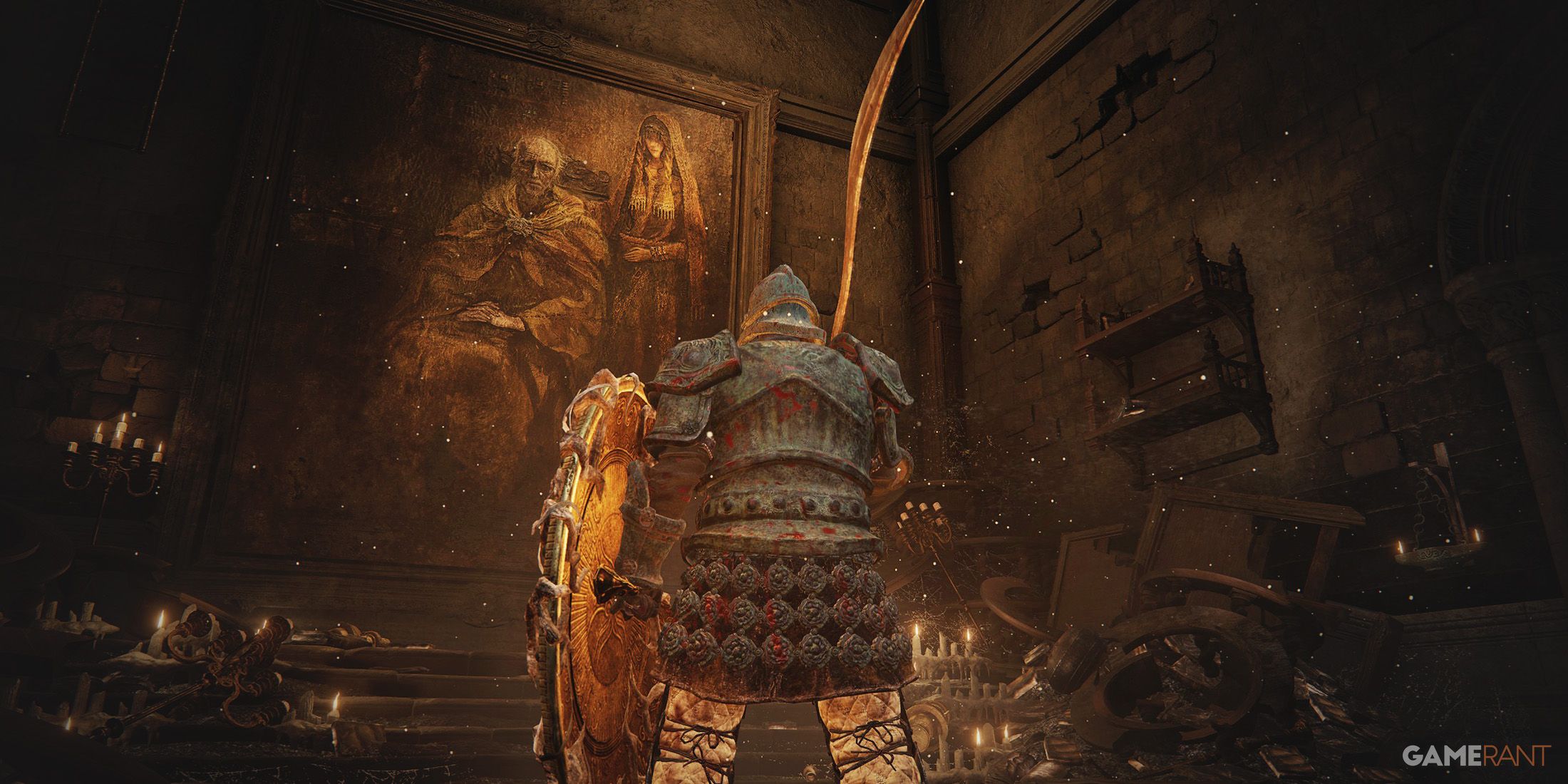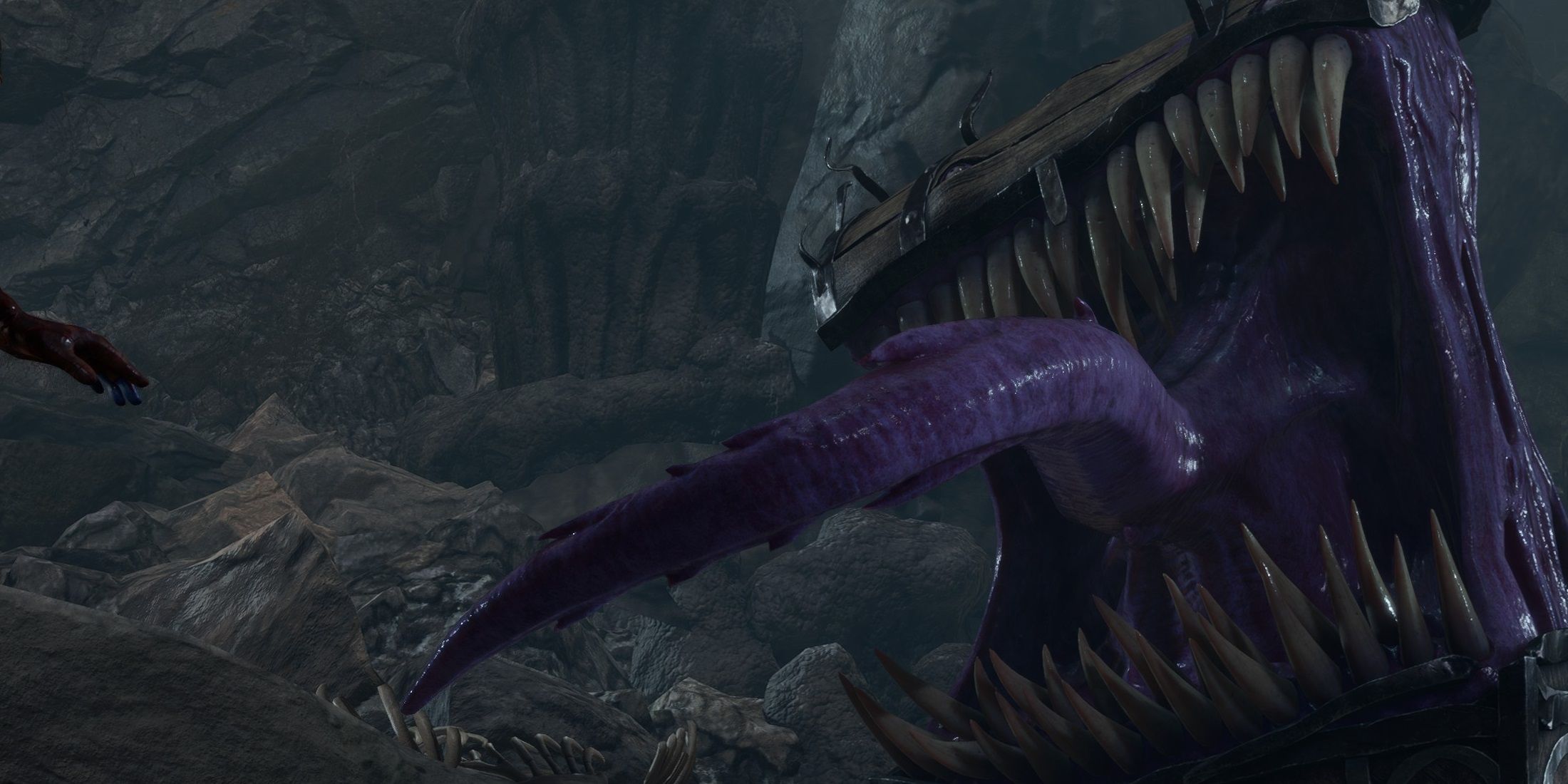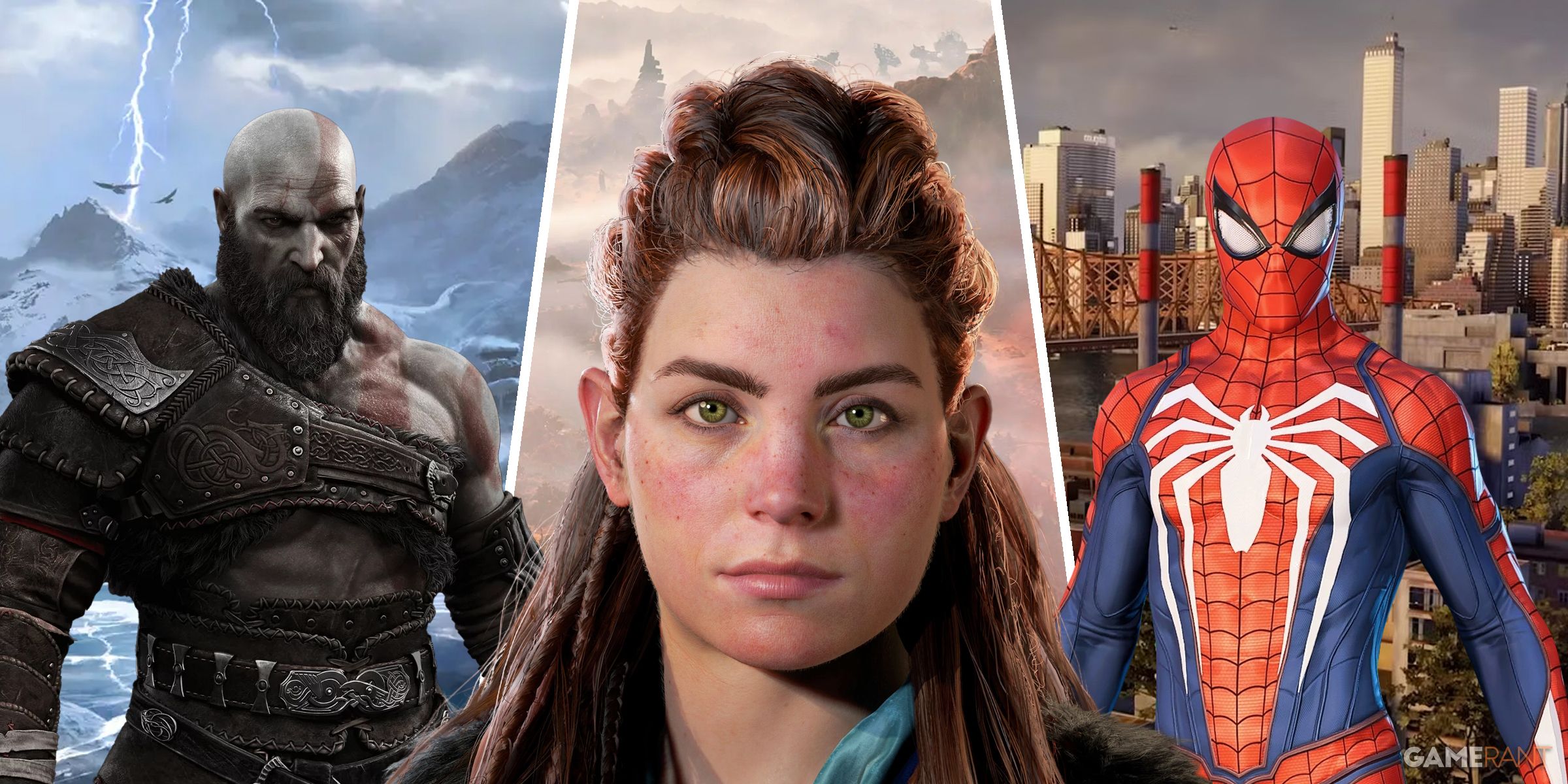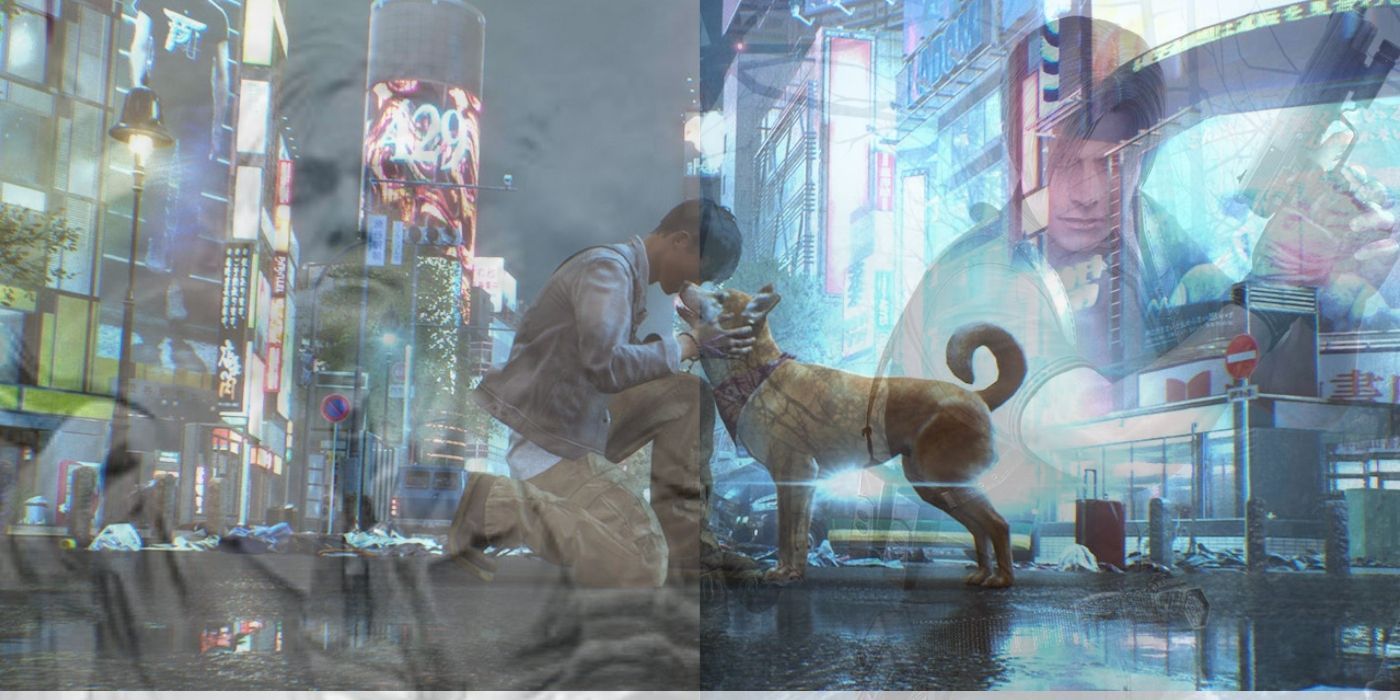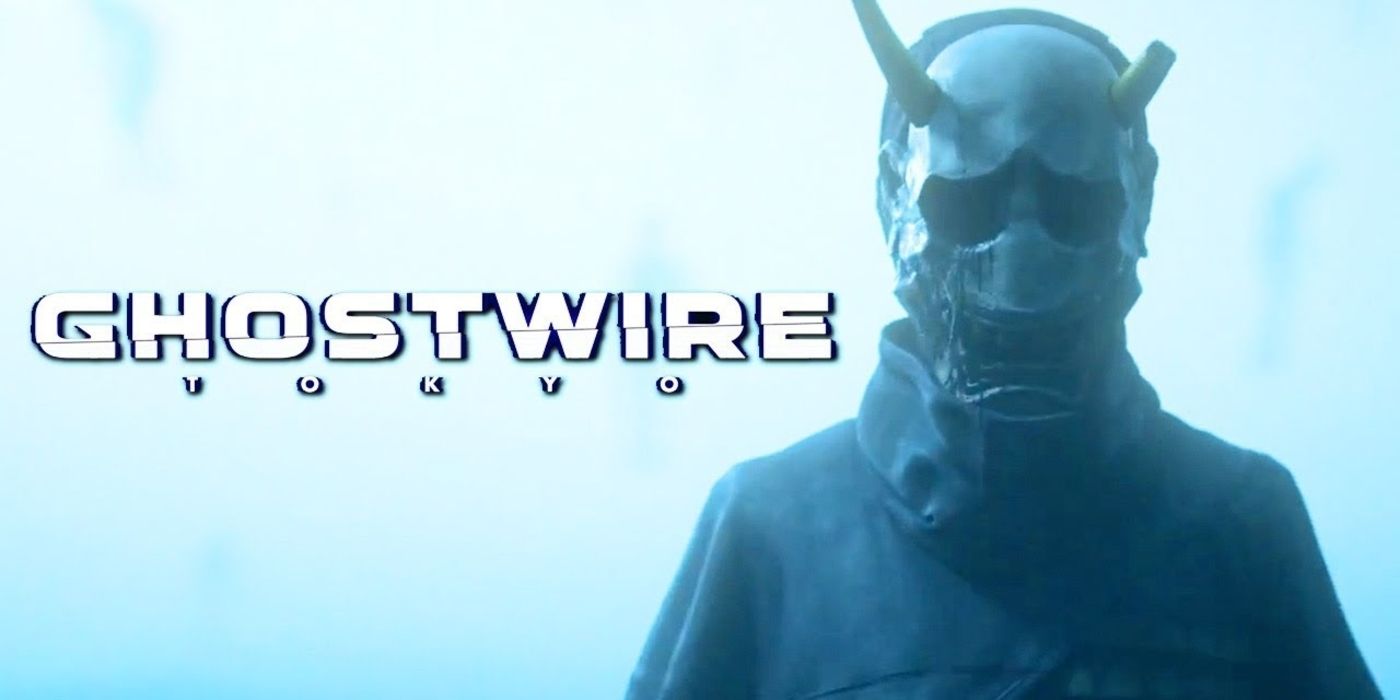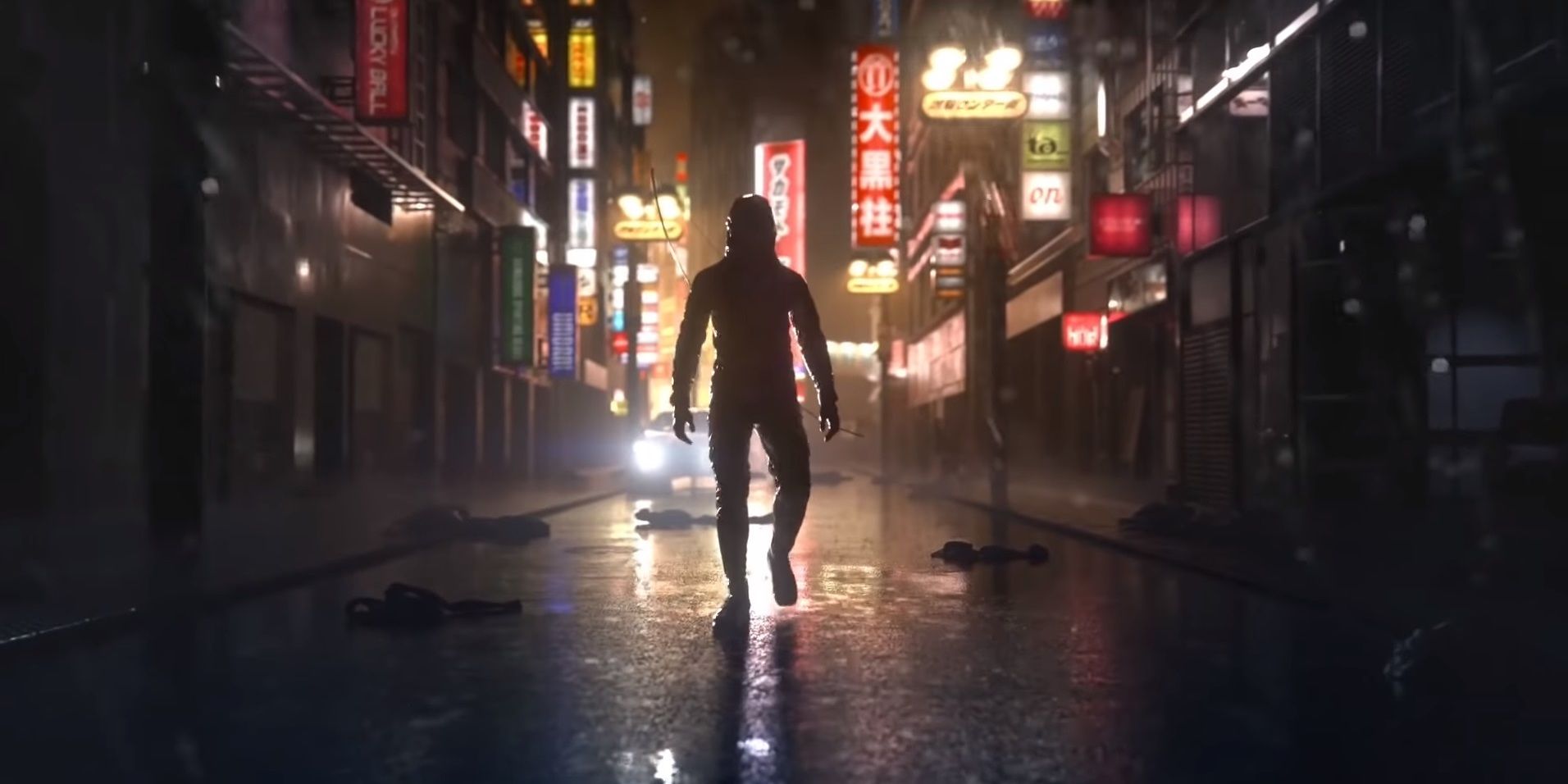Developer Tango Gameworks' latest project, Ghostwire: Tokyo has quite the fan hype surrounding it. With renowned personalities such as survival horror creator Shinji Mikami at the helm, fans are eagerly waiting in anticipation of its potential release date later this year. While the game's development and PS5 timed exclusivity may not have been impacted in any way by Xbox's acquisition of Bethesda, fan expectation seems to be cause for potential concern.
Many fans have been comparing Ghostwire: Tokyo to Tango Gameworks' previous projects such as The Evil Within, to which the game seems to be a far cry from. There are a lot of changes that suggest that Ghostwire: Tokyo is a radically different experience from the studio's previous projects.
The Shinji Mikami Effect
There's little to no doubt that a lot of the reasoning behind the comparisons can be attributed to Shinji Mikami assuming the role of executive producer. Shinji Mikami is famously regarded as the creator of the survival horror genre, thanks to his work on games like Resident Evil and The Evil Within. Ghostwire: Tokyo seems to carry that spirit forward, with visual design and a storyline that is reminiscent of traditional survival horror.
Despite the similarities, the team has repeatedly stated that the game is a hybrid of horror and action-adventure, with the most recent mention being from creative director Kenji Kamura during an IGN interview. While these statements do bolster the vision Ghostwire: Tokyo seems to be aiming for, the gameplay already shows many subtle ways how the developers have distanced the game from traditional survival horror tropes.
Ghostwire: Tokyo Is Quite Different
From the looks of it, there are some very obvious differences from the developers' previous works. Instead of settling for a distinctly dark and drab atmosphere, the neon-drenched Tokyo holds some interesting possibilities for horror. The enemy designs might be a bit familiar, but the noticeably faster movement speed indicates the revamped focus on combat.
While many survival horror games do employ seemingly faster combat, Tango Gameworks' previous outings and general approach towards the genre offered games operating at a much slower pace. However, for developing Ghostwire: Tokyo, Tango Gameworks hired Shinichiro Hara who worked on Doom 2016's combat system, which definitely shows. The almost free-flowing animations and supernatural abilities seem to be great fun to use, and the similarly aggressive enemy designs incentivize players getting up close and personal.
However, that's not to say that Ghostwire: Tokyo is completely abandoning Tango's survival horror roots. Tokyo may be well-lit for a traditional horror title, but there are still horrors that creep in its streets. These horrors are based on Japanese Yokai folklore, and should serve as a tangential throwback to horrifying creatures found in games such as Nioh. By separating itself from the general framework of traditional survival horror, Tango Gameworks has seemingly managed to create a truly unique hybrid that has some great potential to be one of this year's very best.
Ghostwire: Tokyo is set for release in 2021 on PC and PlayStation 5.

